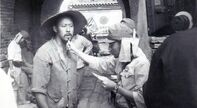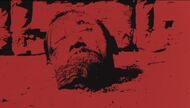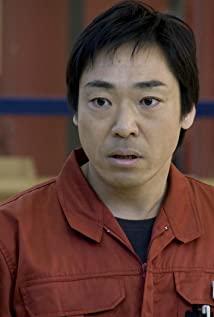The theme is to criticize the servility, stupidity, naivety and luck of the Chinese people.
The villagers are all shirking their responsibilities, pretending to be foolish and selfish, and pretending to be foolish and selfish characters; all the Japanese devils are blind followers of Bushido, and they despise the Chinese and kill the emperor's servants without blinking an eye. . . . To be honest, it’s still 2000 years old and you can still make such a childish World War II movie. I really don’t know what’s good about it. If you look at good war movies such as “Kindler’s List”, “Iwo Jima Letter”, you will know that no matter what. Whether it is a fascist or an invaded, there is a complex and multi-faceted human nature: on the one hand, the film shows the brutality of the enemy on the surface, and on the other hand, it also shows the weakness of the enemy's heart. Of course, Kosaburo Hanaya expressed his disgust for the identity of a samurai after the city wall was tossed by Liu Yidao. Navy No Nomura's music hobby may reflect the soft side of Japanese soldiers, but it is not enough.
In addition, the lengthy plot + critical perspective also makes the audience very tired.
I can understand the director's extreme approach to portraying Japanese and Chinese villagers in order to form a critique, critique servility, critique stupidity. But this one-sided character image still strikes me as too face-to-face. A film without three-dimensional characters can only be a critical work in the coat of black humor, and cannot be a great humanistic work reflecting on war.
View more about Devils on the Doorstep reviews










